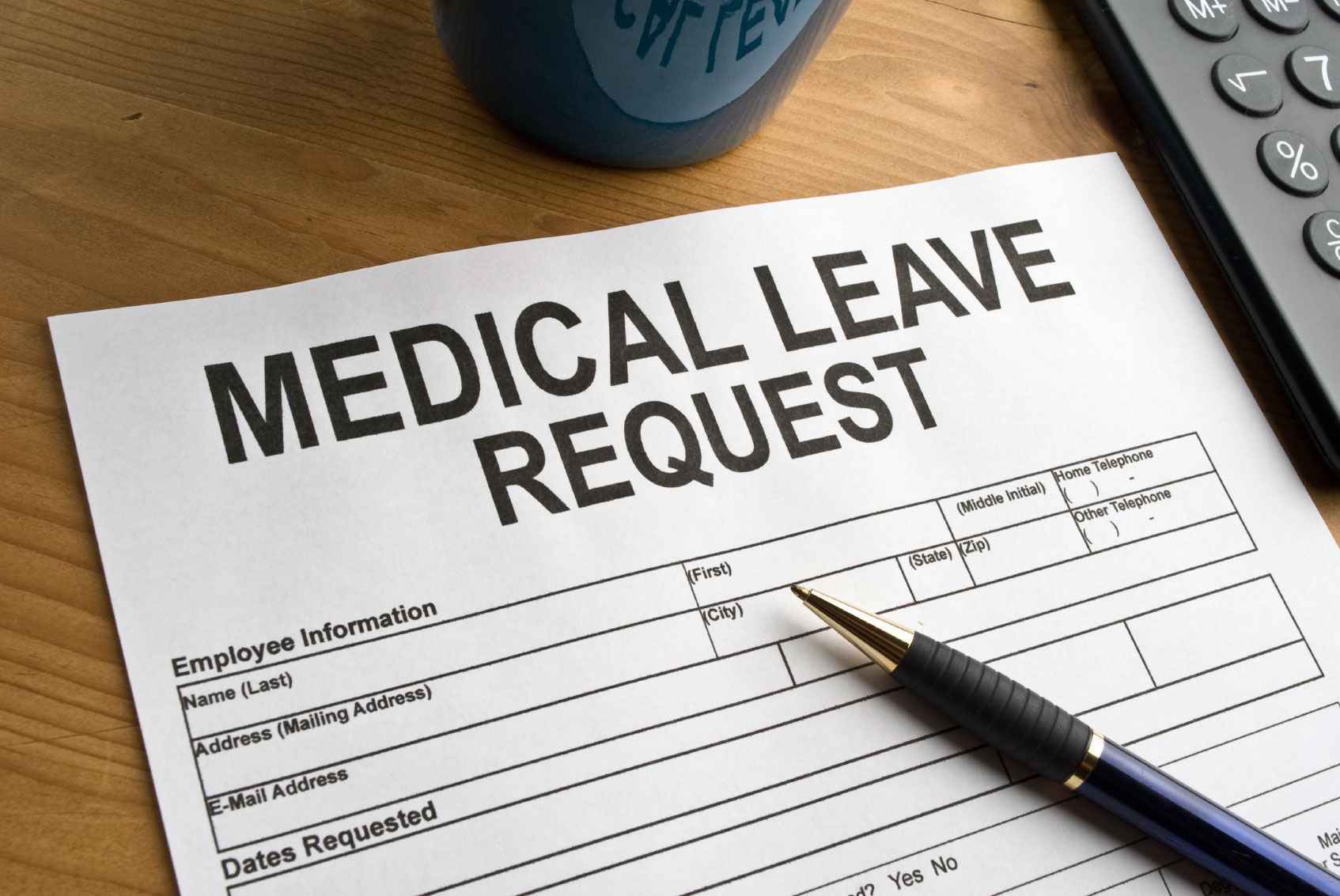 If you’re an employee who is pregnant or thinking about getting pregnant, you’ve probably wondered whether you’ll be able to take the necessary time off from work for the care and birth of your child. You might already know that there are several laws that deal with pregnancy and leave, but you may not be quite sure exactly how they relate to each other or affect you.
If you’re an employee who is pregnant or thinking about getting pregnant, you’ve probably wondered whether you’ll be able to take the necessary time off from work for the care and birth of your child. You might already know that there are several laws that deal with pregnancy and leave, but you may not be quite sure exactly how they relate to each other or affect you.
This blog post aims to discuss some of these laws, in particular how the Pregnancy Discrimination Act of 1978 (PDA) compares to the Family and Medical Leave Act of 1993 (FMLA) with respect to your right to leave as a pregnant employee.
Table of Contents
ToggleLeave Under the PDA and FMLA
The PDA makes it illegal for an employer to discriminate against an employee because of the employee’s pregnancy, childbirth, or related medical conditions. The PDA’s purpose is to stop discrimination.
 On the other hand, the purpose of the FMLA is to allow employees to take time off from work to care for themselves or a family member without worrying about losing their job. The FMLA requires a certain amount of unpaid leave for eligible employees due to that employee’s or family member’s serious health condition.
On the other hand, the purpose of the FMLA is to allow employees to take time off from work to care for themselves or a family member without worrying about losing their job. The FMLA requires a certain amount of unpaid leave for eligible employees due to that employee’s or family member’s serious health condition.
On their face, the PDA and FMLA are unrelated and have no effect on each other; one deals with employee leave, and the other with discrimination. However, the PDA can require leave for pregnant employees in certain situations.
For example, if an employer provides leave (whether paid or unpaid) for sick or temporarily disabled employees, the employer will be hard pressed to deny the same amount of leave to a pregnant employee without violating the PDA. Of course, if the employer doesn’t provide any leave to employees, it won’t need to provide leave to a pregnant employee, at least with respect to PDA compliance.
Contrast this with the FMLA, which requires that an employer provide unpaid leave to a pregnant employee for any pregnancy-related medical reason that creates any period of incapacity. Examples include prenatal doctor visits and the birth of a child.
PDA and FMLA Eligibility
 Unless an employer provides generous leave to its pregnant, sick, or temporarily disabled employees, the FMLA is more likely than the PDA to give pregnant employees leave. However, the requirements to become eligible under the FMLA are stricter than the PDA.
Unless an employer provides generous leave to its pregnant, sick, or temporarily disabled employees, the FMLA is more likely than the PDA to give pregnant employees leave. However, the requirements to become eligible under the FMLA are stricter than the PDA.
The PDA applies to employers that have 15 or more employees, while the FMLA only applies if there are 50 or more employees. Additionally, the FMLA requires that the employee have worked with the employer for at least 12 months with 1,250 worked hours within the last 12 months. The PDA has no time requirements to become eligible for its protections.
More information on FMLA eligibility and PDA requirements can be found at the United States Department of Labor’s “Fact Sheet #28: The Family and Medical Leave Act” and the Equal Employment Opportunity Commission’s “Fact Sheet for Small Businesses: Pregnancy Discrimination.”
Summing It Up
The PDA prohibits discrimination based on pregnancy, childbirth, or related medical conditions, while the FMLA provides leave to eligible employees for their or a family member’s serious health conditions, including pregnancy-related medical care.
The PDA can require leave for pregnant employees, but only if leave is offered to other employees similarly situated, such as sick or temporarily disabled employees. The FMLA requires leave for all employees who are eligible.
To be eligible for leave under the FMLA, the employee must have worked for the employer for at least 12 months with 1,250 hours worked within the last 12 months. The employer must also have at least 50 employees. The PDA does not have a time worked requirement and applies to employers with 15 or more employees.





